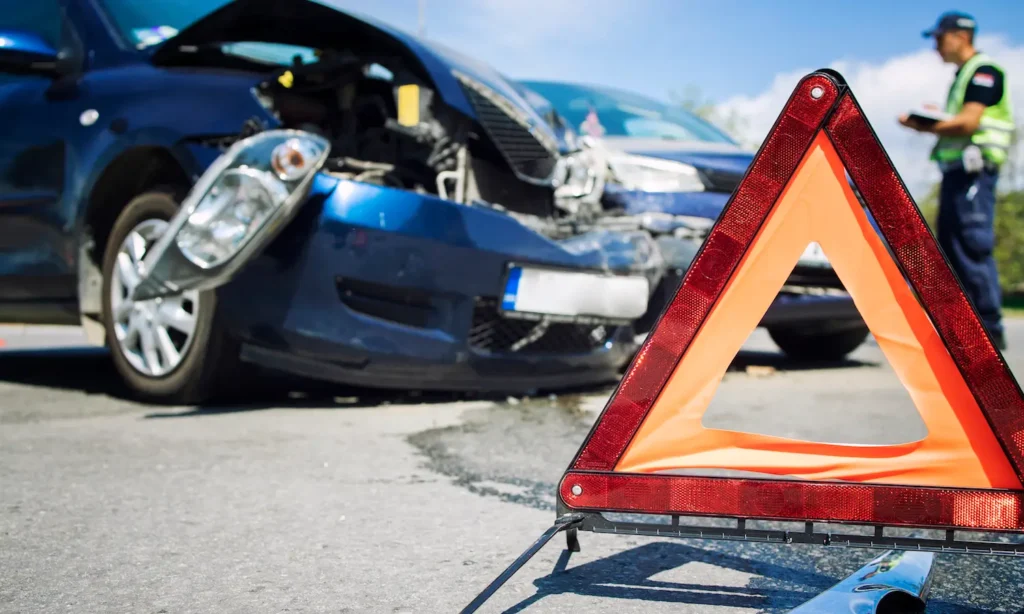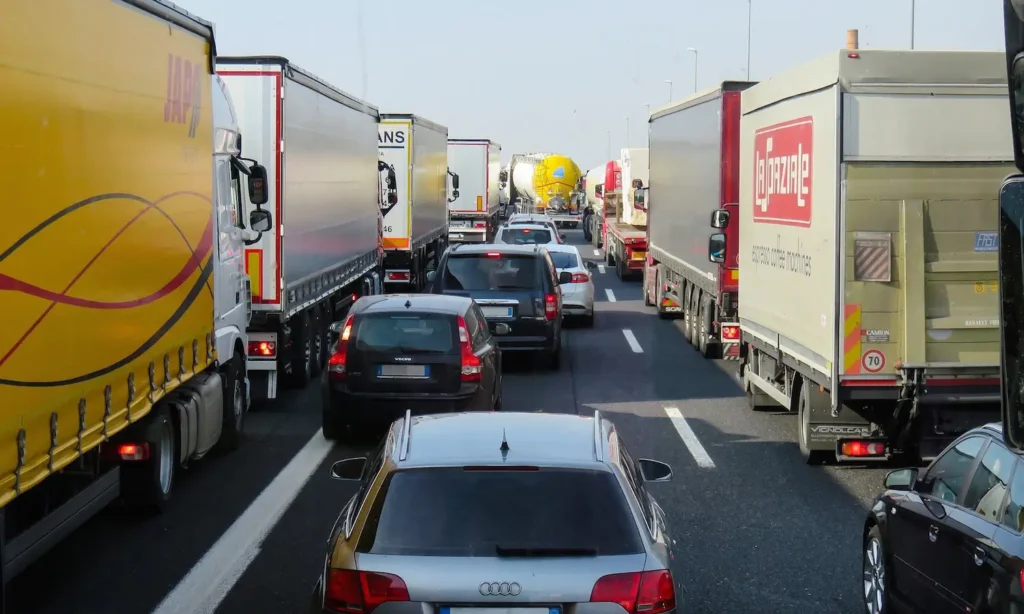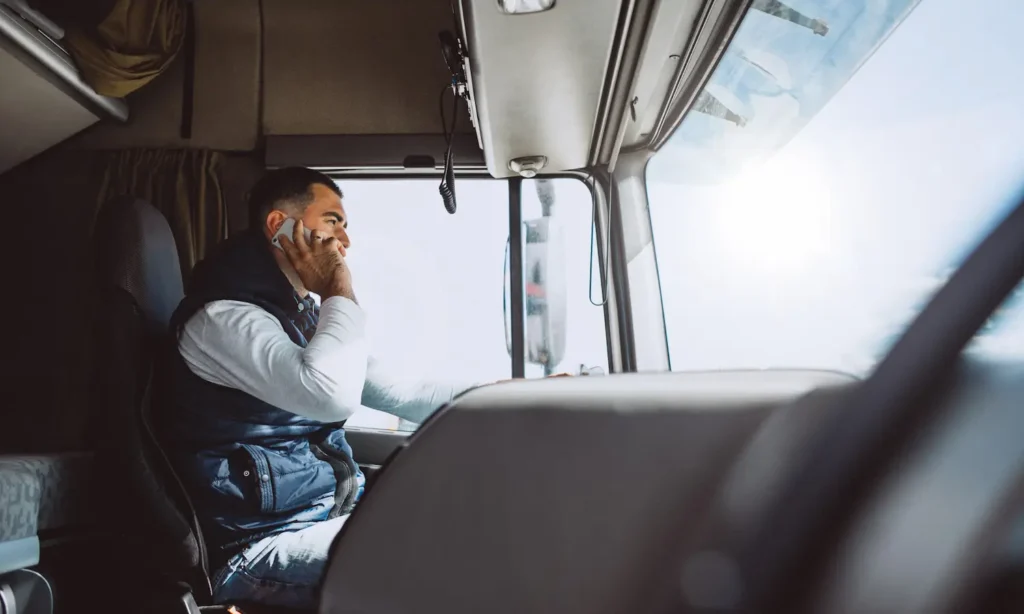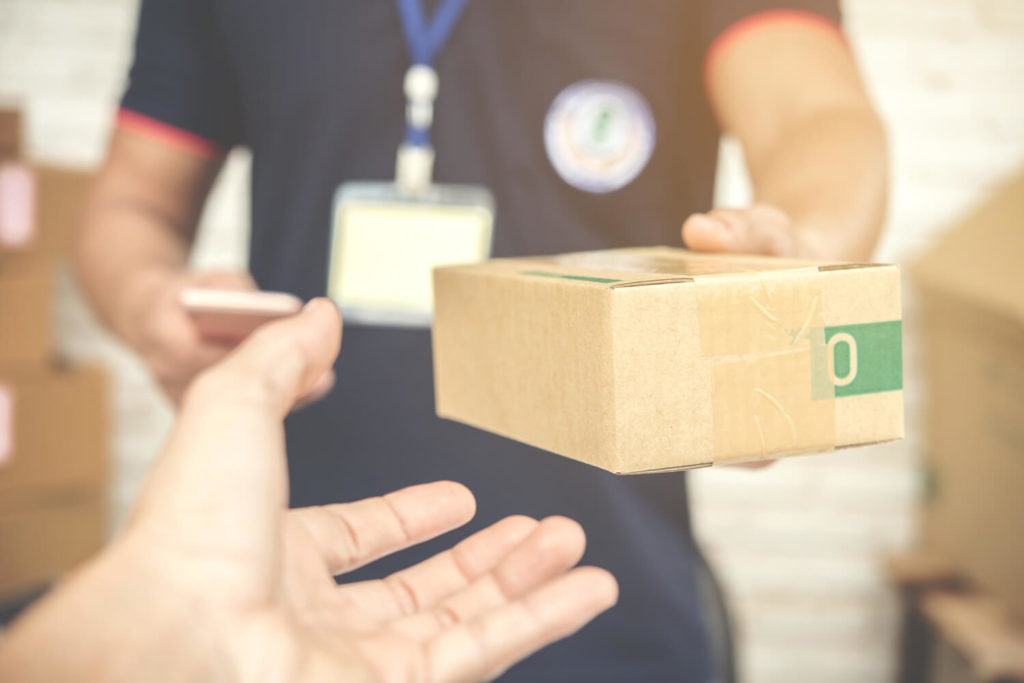How Long Does A Personal Injury Case Take To Settle?
At the Morefield Speicher Bachman, our personal injury lawyers represent people that have been injured in incidents including: Car accidents Motorcycle accidents Truck accidents Drunk driving accidents Defective products Slip and fall Brain injury Wrongful death Like many legal endeavors, the process of filing and settling a personal injury claim can feel like a continuous “hurry up and wait.” Many people wonder, how long does a personal injury case take to settle? Location Matters In Personal Injury Cases The length of time a personal injury case takes to settle can depend on the state and location in which it is litigated. For example, getting to the trial phase of a personal injury case usually takes less time in rural Missouri than in large cities such as Kansas City. COVID has also had a significant impact on getting to trial as courts have periodically put trials on hold when the rate of infections is high. So How Long Do Personal Injury Settlements Take? To answer the question, “How long does a personal injury case take”, the short answer is anywhere between a few months and a few years. As a general rule, the more complicated your case, the longer it will take to resolve. That’s because there will be more witnesses, more doctors, more documents, and more complicated legal issues. If your case goes to trial, that usually takes longer than if it settles. How long an injury case takes to resolve is sometimes determined by the financial circumstances of the client. When a client needs immediate financial relief, he or she may want to reach a quick settlement before the litigation would otherwise end. Unfortunately, the COVID pandemic has delayed many jury trials. When we work with you, we do our best to expedite the process while also ensuring that we maximize your recovery. There are many elements involved in resolving a case that are not in our control. For example, the courts control their trial docket, opposing counsel may cause delays, and there may be delays related to gathering medical records that are the result of the medical provider’s procedures. We do everything we can to make the process move efficiently, but we can’t control many of the factors that can delay your case. Aim For The Best Results, Not The Quickest Our legal team prioritizes getting you the best results. We want to resolve your case as quickly as possible, but we know it’s important to get you the maximum possible settlement to cover the damages of your injuries, lost wages, pain and suffering, and future medical expenses. This can require more time than accepting a quick settlement. As a rule, we’d rather get you a better result. However, if a quicker result is more important to you than maximum recovery due to your life circumstances, just let us know. We will base our strategy on what is best for you. Our Personal Injury Lawyers Can Take Your Case To Trial When cases do not settle, we have the experience and skill to take your case to trial. Personal injury trials can last one day, a week, or even a month or longer. Contact Us Today For A Free Consultation Our Overland Park personal injury lawyers serve Kansas City and surrounding areas and have represented hundreds of clients in matters involving car, truck, and motorcycle accidents, defective products, premise liability, and other claims. Contact us today to schedule a free consultation at (913) 839 2808.







